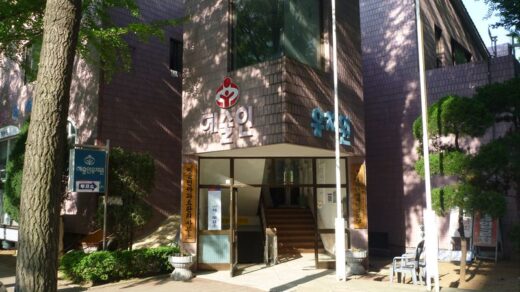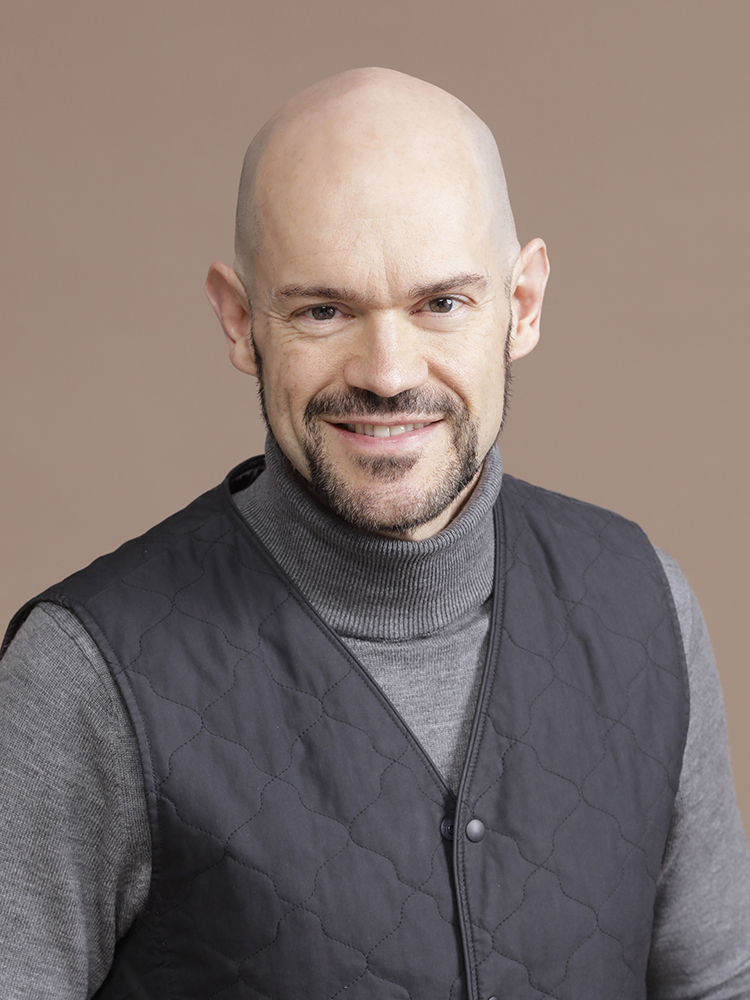I'll start with "thank you" because its usage is straightforward. There are actually two words for it: "kahm-sahm -ni-da" and "ko-map-sum-ni-da". The two words are interchangeable and if you use them often, you will do well in Korea.
Saying "please", however, is a bit more complicated since its usage depends on the context and involves grammatical understanding. If you want to ask someone to give you or pass you something, then that is easy: [Thing you want given or passed] + "ju-seyo". Here is an example:
"bbahng" [bread] + "ju-seyo" = Please give me some bread.
To make it a bit more polite here, you could add the word "johm", as in "bbahng johm ju-seyo".
The word "jeh-bahl" means "please" in the literal sense and you might find it in a Korean phrasebook but its meaning is close to "I'm begging you" and is therefore not appropriate for everyday situations. Instead, polite requests are formulated by modifying the ending of the verb that you wish to request and adding "ju-seyo", which is the word for "give". Together in a combined grammatical structure, they have the meaning of "please [do something] for me".
Explaining the rules for modifying the endings of verbs is beyond the scope of this article so I will just leave you with a few simple examples. The text in bold is changed when adding "juseyo".
"seol-myung-ha-da" + "ju-seyo" = Please explain it to me. – "seol-myung-hae ju-seyo"
"bo-i-da" [show] + "ju-seyo" = Please show me. "bo- yeoh ju-seyo"
"sonmul bahd-da" [accept gift] + "ju-seyo" = Please accept my gift. "sonmul bahd-ah juseyo"
"dashi mahl-ha-da" [say again] + "ju-seyo" = Please say that again. "dashi mahl-hae ju-seyo"


